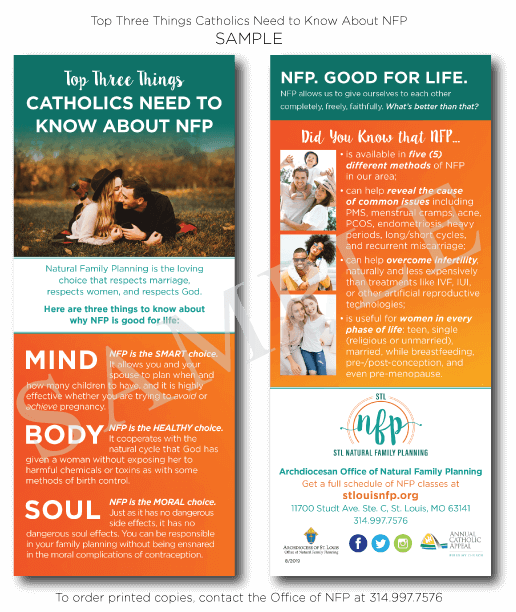God’s revelation of the truth of marriage and sexuality comes to us through many means:
- The Natural Law — While people are called to a higher existence, the nature and purpose of intercourse can be observed in plants, animals, and other sexual organisms. To form new human life, a man’s genetic material must fuse with a woman’s, and distinct genders, organs, and genetic material result.
- The Moral Law — The Bible and Catechism are full of teachings that support God’s design for marriage and sexuality. For instance, the Ten Commandments reject lust and adultery; St. Paul instructs Christians to honor their bodies as temples of the Holy Spirit, using them to glorify God (Exodus 20; 1 Corinthians 6:12–20).
- Human Reason — Through intelligence and a well-formed conscience, we can logically conclude that human sexuality is ordered toward a lifelong, monogamous, and sexual union of unconditional love. Many of our urges, instincts, and deepest satisfactions are rooted toward these goods.
In the beginning, with the Creation of man and woman, God commanded us to “Be fertile [fruitful] and multiply” (Genesis 1:27–28). As husbands and wives are given to each other to become one body, naked and without shame, so too is the procreation and raising of children divinely united with marriage.
In the Catholic marriage ceremony, the bride and groom agree “to accept children lovingly from God” and promise to be faithful “in good times and in bad,” “for better, for worse.”1 These vows acknowledge that marriage involves discipline and self-sacrifice, and ultimately hand over control of one’s life and family to God.
Because artificial methods of family planning and other behaviors separate the procreative and unitive natures of intercourse, they are immoral and should not be tolerated. Practically speaking, they also carry with them various medical and social risks. Some methods, such as abortion, IVF, and certain types of contraception, involve the killing of an unborn embryo and can never be morally justified. The church promotes Natural Family Planning because it allows couples to space births and pursue responsible parenthood in an effective, healthy, and morally acceptable way. It also fosters communication between the spouses, provides medically valuable information, and models a “true and authentic love” (Humanae Vitae, 16).
1 The Order of Celebrating Matrimony, 60–63.© 2013, International Commission on English in the Liturgy Corporation (ICEL).
Where to Learn More
Married Love and the Gift of Life, USCCB Committee for Pro-Life Activities, 2006.
USCCB: Church Documents on Marriage
USCCB on NFP
Humanae Vitae (On the Regulation of Birth), Pope Paul VI, 1968.
Familiaris Consortio (On the Family), Pope John Paul II, 1982.
Evangelium Vitae (On the Value and Inviolability of Human Life), Pope John Paul II, 1995.
Three Things Catholics Need To Know About NFP Bookmark
To order printed copies, contact the Office of NFP at 314.997.7576.
